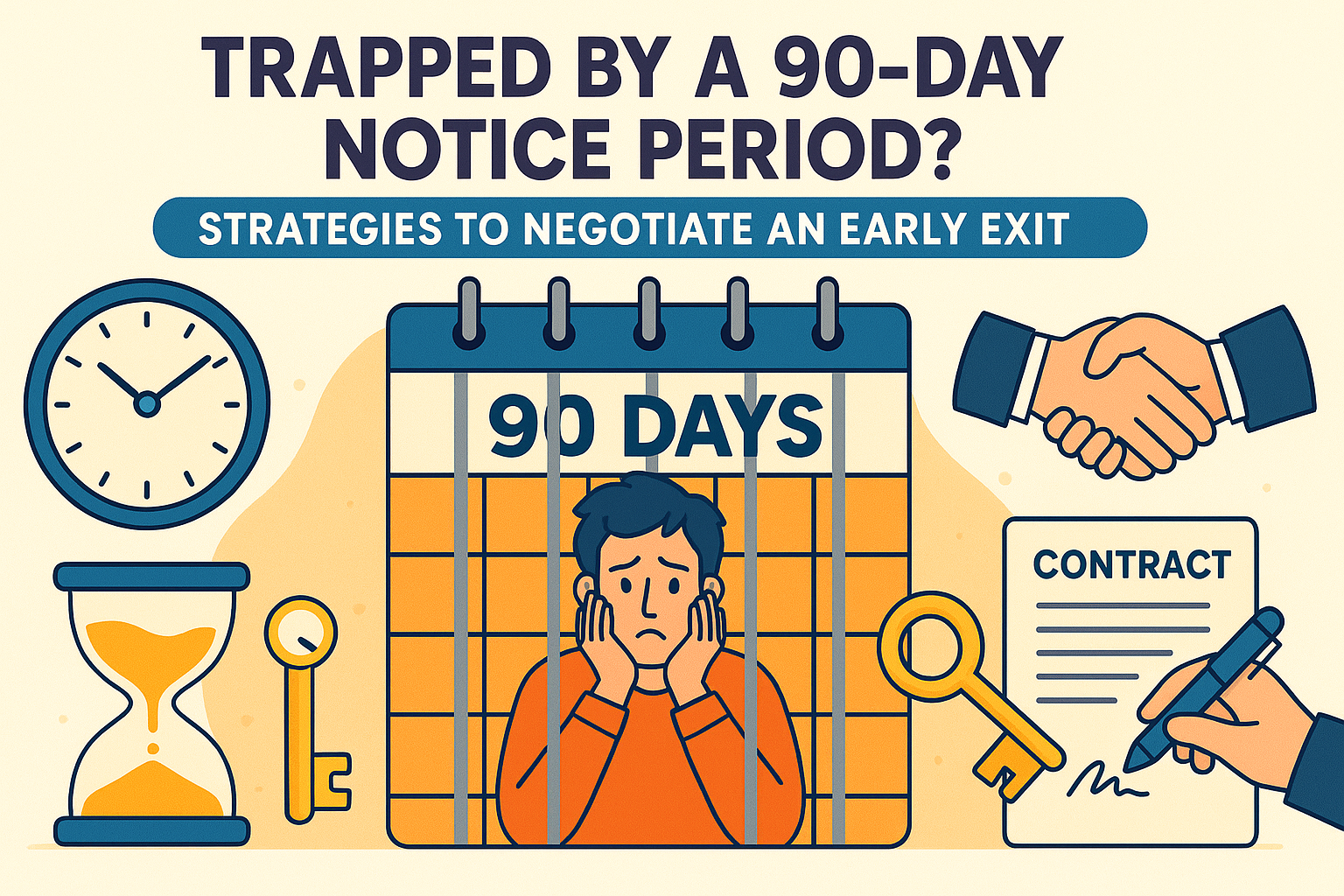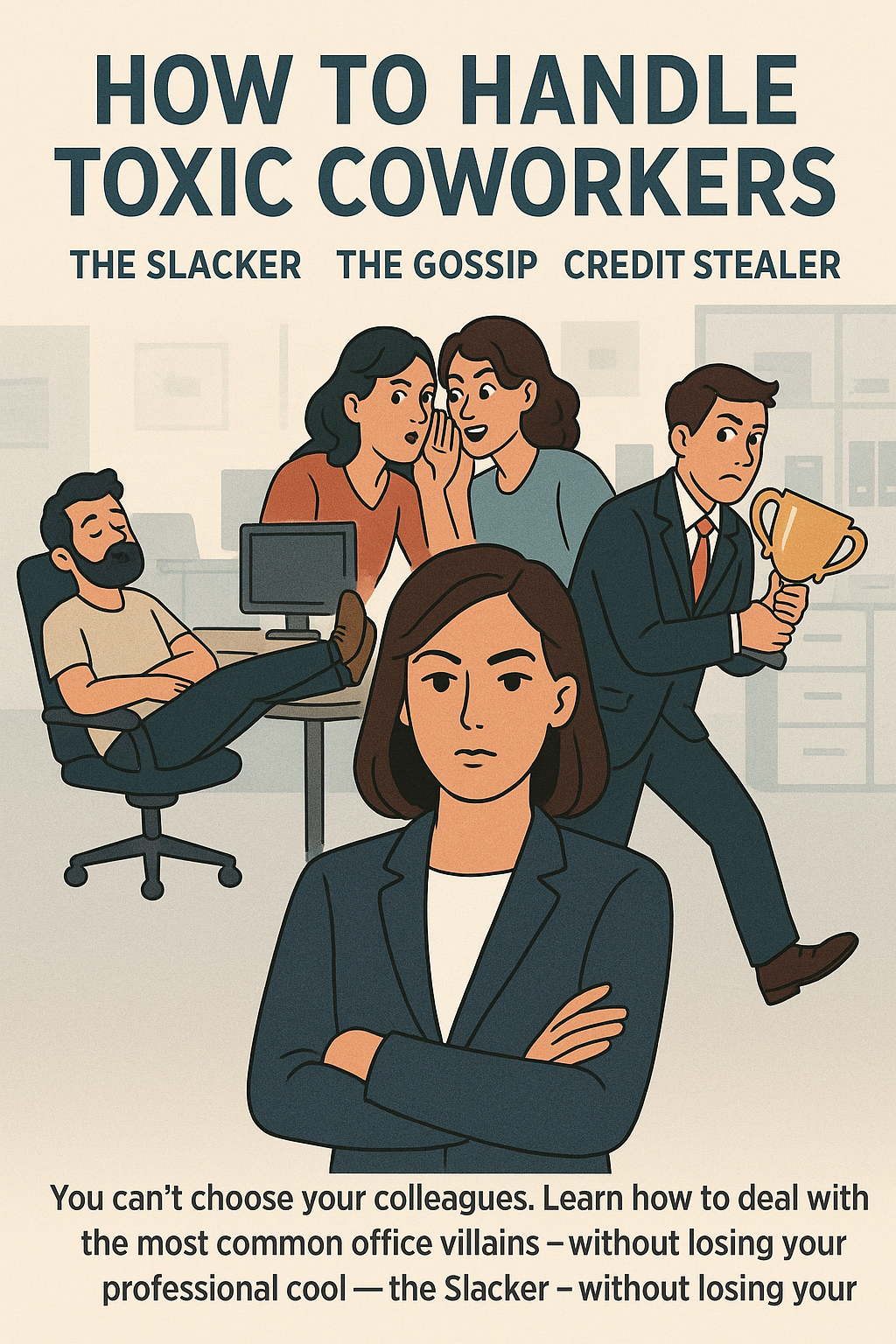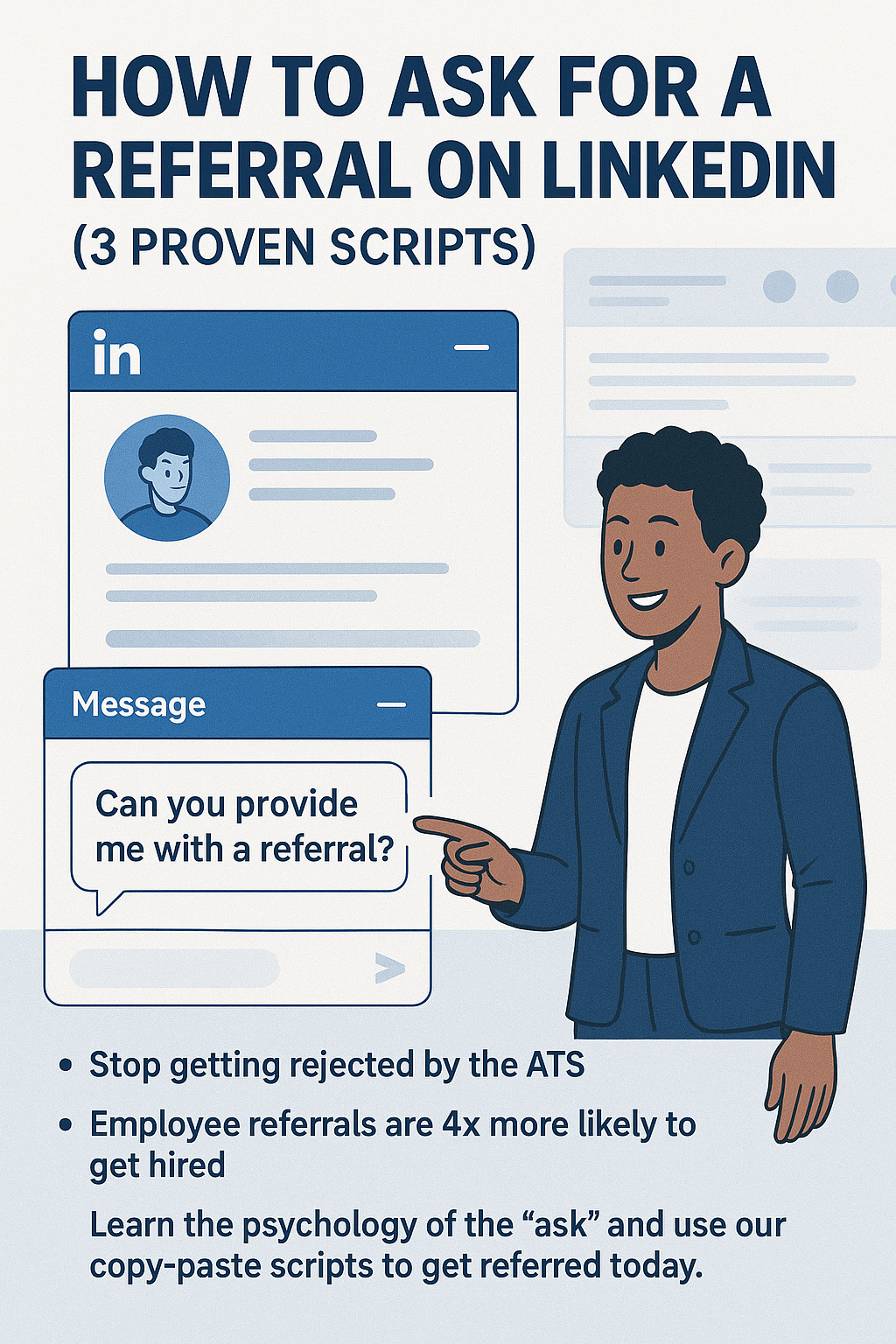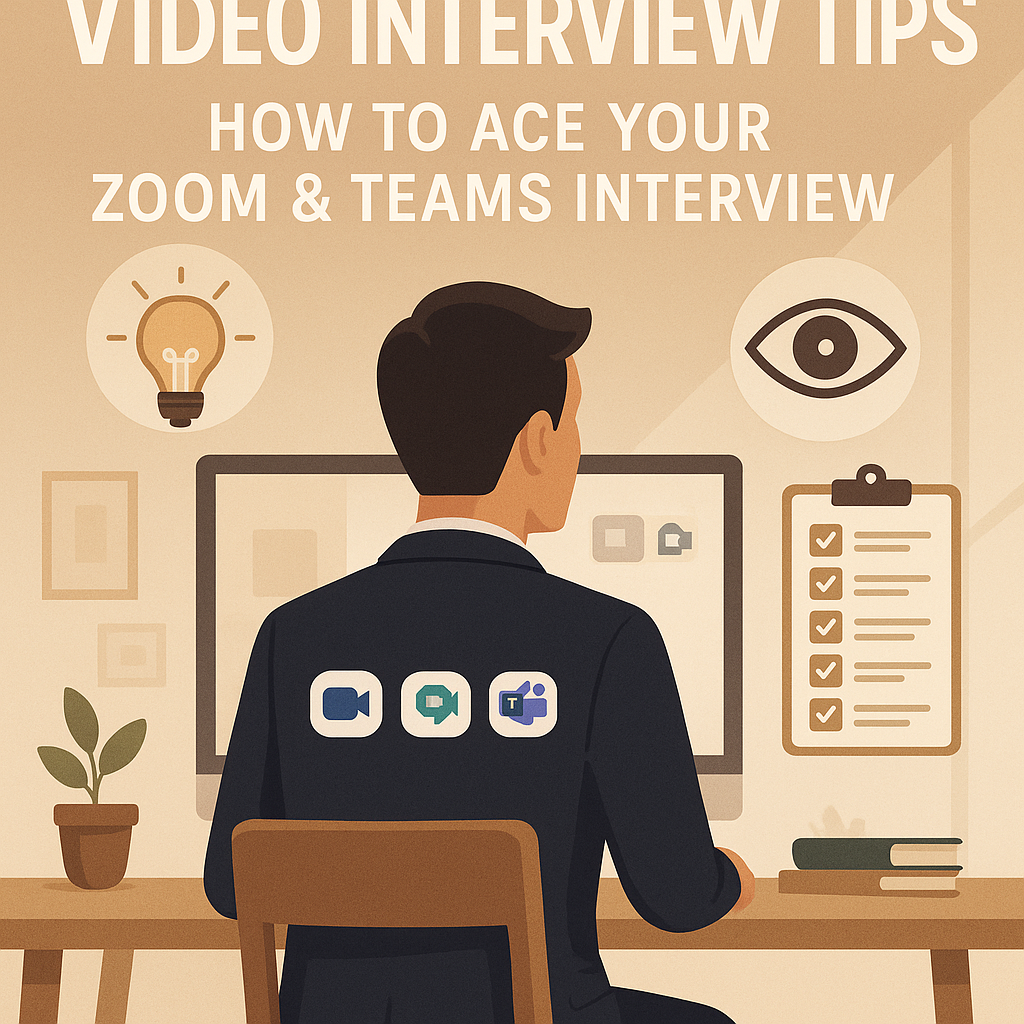
Trapped by a 90-Day Notice Period? Strategies to Negotiate an Early Exit
You’ve landed a fantastic new job. The salary is great, the role is exciting, and the new company wants you to join "as soon as possible." You’re ready to sign the offer letter, but then you remember the clause in your current employment contract: Notice Period: 90 Days.
For many professionals in India, particularly in the IT, banking, and consulting sectors, the mandatory three-month notice period has become a standard, yet often dreaded, contractual obligation. It can feel like a set of golden handcuffs. While you are mentally ready to move on, you are legally bound to stay for another quarter of a year.
This long waiting period creates a massive dilemma. Your new employer might be willing to wait 30 or even 60 days, but 90 days is often a deal-breaker. You risk losing the new offer because you can't join soon enough. On the flip side, leaving without serving your notice can lead to legal issues, the withholding of your experience letter (a critical document for your next background check), and a burned bridge.
So, are you stuck? Not necessarily. While a contract is binding, notice periods are often more negotiable than employees realize. Companies prioritize business continuity and a smooth transition over holding a disgruntled employee hostage. If you approach the situation strategically, professionally, and with a "win-win" mindset, you can often secure an early release.
This guide is your playbook for navigating the notice period negotiation. We will explore the leverage you have, the specific tactics you can use (from buyouts to leave adjustments), and how to have the difficult conversation with your manager to get the early exit you need.
Understanding the "Why": Why Do Companies Insist on 90 Days?
To negotiate effectively, you need to understand the company's perspective. They aren't doing it just to be difficult. They need time to: 1. Find a Replacement: Hiring is slow. It can take weeks to find, interview, and offer a role to a new candidate. 2. Knowledge Transfer (KT): They need you to train your replacement or document your work so projects don't collapse when you leave. 3. Project Continuity: They need to ensure client deliverables aren't impacted.
Your negotiation strategy must address these specific fears. You aren't asking for a favor; you are proposing a plan that solves their problems in less time.
Strategy 1: The "Super-Transition" Plan
Don't just ask to leave early; show them how you can leave early without hurting the team. * Create a Detailed KT Document: Before you even resign, start documenting your processes, passwords, and project statuses. * The Pitch: "I know my contract states 90 days, but I've already prepared a comprehensive transition plan. I'm confident I can fully hand over my responsibilities and complete the documentation in 45 days. Staying longer would likely just involve me sitting idle, whereas leaving earlier saves the company 45 days of my salary." * Why it works: It appeals to their logic. Why pay you for 3 months if you can finish the work in 1.5?
Strategy 2: The "Buyout" Option
Most employment contracts have a "Notice Pay" or buyout clause. This states that either party can terminate the employment immediately by paying the salary equivalent to the notice period. * Check Your New Offer: Many prospective employers are willing to "buy out" your notice period. This means they will reimburse you the amount you have to pay your current company to leave early. * The Negotiation: "My new employer is eager for me to join and is willing to buy out the remaining 60 days of my notice period. I would like to request to serve 30 days to ensure a smooth handover, and then exercise the buyout option for the remainder." * Why it works: Your current company gets a smooth transition and money (or saves money), and you get to leave early. It's a financial win for them.
Strategy 3: Adjusting Against Leave Balance
If you have accumulated a significant number of paid leave days (Privilege Leave or Earned Leave), you can request to adjust them against your notice period. * The Calculation: If you have 20 days of unused leave, ask to use them to shorten your notice period by 20 days. Technically, you are "on leave" for the last 20 days of your employment, but your last working day is moved up. * The Pitch: "I have 25 days of accrued leave. I would like to request that these be adjusted against my notice period, allowing my last working day to be [Date]."
Strategy 4: The "Replacement" Assistance
If you can help them find your replacement, you solve their biggest problem. * Refer a Candidate: "I know a former colleague who would be perfect for this role. I've already spoken to them, and they are interested. If you hire them, they could start quickly, which might allow me to transition out sooner."
Dealing with a Rigid Employer (When They Say "No")
Sometimes, despite your best efforts, a manager or HR will quote "company policy" and refuse to budge. * Escalate (Carefully): If your direct manager is blocking you out of spite, you can try speaking to HR or a skip-level manager, focusing purely on the business case (the completed transition plan). * The "Garden Leave" Compromise: If they insist on 90 days but you have no work, ask for "Garden Leave." This means you remain an employee on the payroll for 90 days but are not required to come to the office or work, allowing you to take a break before your new job (though you technically cannot start the new job until the 90 days are up). * Be Honest with Your New Employer: If your current company is absolutely rigid, communicate this immediately to your new employer. Most companies in India understand the 90-day norm. They might be willing to wait if you are the right candidate, or they might allow you to start part-time or as a consultant (if your contract allows) during your notice.
Conclusion: Professionalism is Your Best Leverage
Negotiating a notice period is a high-stress conversation. The key is to remain professional, collaborative, and solution-oriented. Never threaten to just stop showing up; this is "absconding" and can ruin your career via a black mark on your background verification.
By presenting a plan that ensures your team isn't left in the lurch, you transform the conversation from a conflict into a negotiation. You demonstrate that you are a professional who cares about your reputation and your work, right up until the very last day.
Now that you have a strategy to exit, make sure you are ready for what comes next. Ensure your new role is truly the right fit by reviewing our Job Offer Checklist. And to keep your options open for the future, keep your job alerts running in the background.
For more tools to help you manage difficult career transitions, https://jobpe.com.

Creative Content Writer






